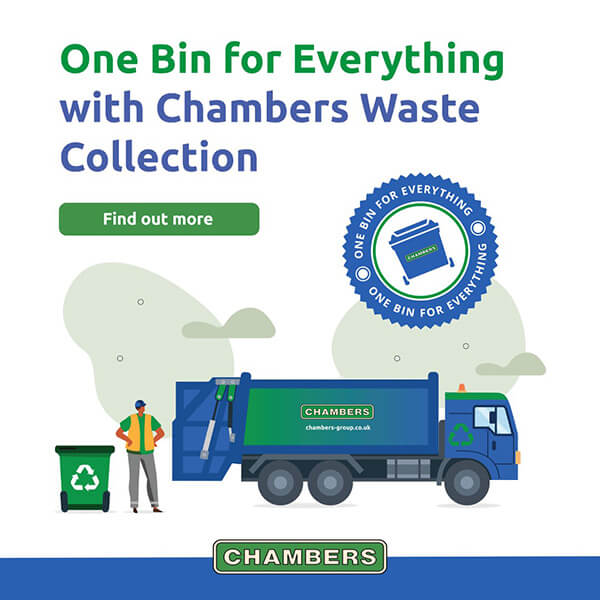
Navigating Tomorrow: Key Waste Management Trends for UK Businesses in 2024
Waste management has taken centre stage as businesses in the UK strive to align with stringent environmental goals and regulations. As we step into 2024, several key trends are shaping the waste management practices of businesses across the UK. From innovative technologies to evolving legislative frameworks, here are the trends that companies need to embrace to remain at the forefront of sustainable waste management.
Advanced Sorting Technologies
In the quest for more efficient and effective waste sorting, businesses are turning to advanced technologies such as Artificial Intelligence (AI) and machine learning. Automated sorting systems are becoming integral to waste facilities, enhancing the segregation of recyclables from general waste. This not only improves recycling rates but also reduces contamination, ensuring a higher quality of recycled materials.
Single-Use Plastic Reduction Initiatives
With the UK government actively working towards reducing single-use plastics, businesses are following suit. In 2024, expect a surge in initiatives aimed at minimising the use of single-use plastics. This includes the adoption of alternative materials, redesigning packaging for recyclability, and implementing strategies to encourage customers to choose sustainable options.
Extended Producer Responsibility (EPR) Compliance
The UK is set to introduce an Extended Producer Responsibility (EPR) scheme, which shifts the financial and operational responsibility of managing packaging waste from local authorities to producers. In 2024, businesses are preparing for compliance with the new regulations, emphasising the need for sustainable packaging and efficient waste management practices throughout the product life cycle.
Food Waste Reduction Strategies
As part of the broader sustainability agenda, businesses are intensifying efforts to reduce food waste. In 2024 we expect to see more businesses adopting innovative solutions in the workplace such as composting, anaerobic digestion, and partnerships with food banks to redirect surplus food to those in need. These strategies align with both environmental goals and corporate social responsibility initiatives.
Smart Bins and IoT Integration
The deployment of smart bins equipped with sensors and Internet of Things (IoT) technology is becoming increasingly prevalent in the UK. These smart bins provide real-time data on waste levels, allowing for more efficient waste collection routes and better resource allocation. Businesses are incorporating these technologies to optimise their waste management operations, reduce costs, and minimize environmental impact.
Collaboration and Circular Economy Practices
In 2024, businesses are actively engaging in collaborations to promote circular economy practices. This involves forming partnerships along the supply chain to facilitate the reuse and recycling of materials. Embracing a circular economy not only enhances resource efficiency but also contributes to the overall sustainability goals of businesses operating in the UK.
As we start to navigate the waste management landscape in 2024, adherence to these key trends is essential. From embracing advanced technologies for waste sorting to complying with upcoming regulations like EPR, UK businesses are poised to play a pivotal role in fostering a sustainable and circular approach to waste management. By staying ahead of these trends, companies can demonstrate their commitment to environmental stewardship and position themselves as leaders in the evolving landscape of waste management in the UK.
If you would like to talk to us about how we can help your business achieve its 2024 waste management targets get in touch with us today.




